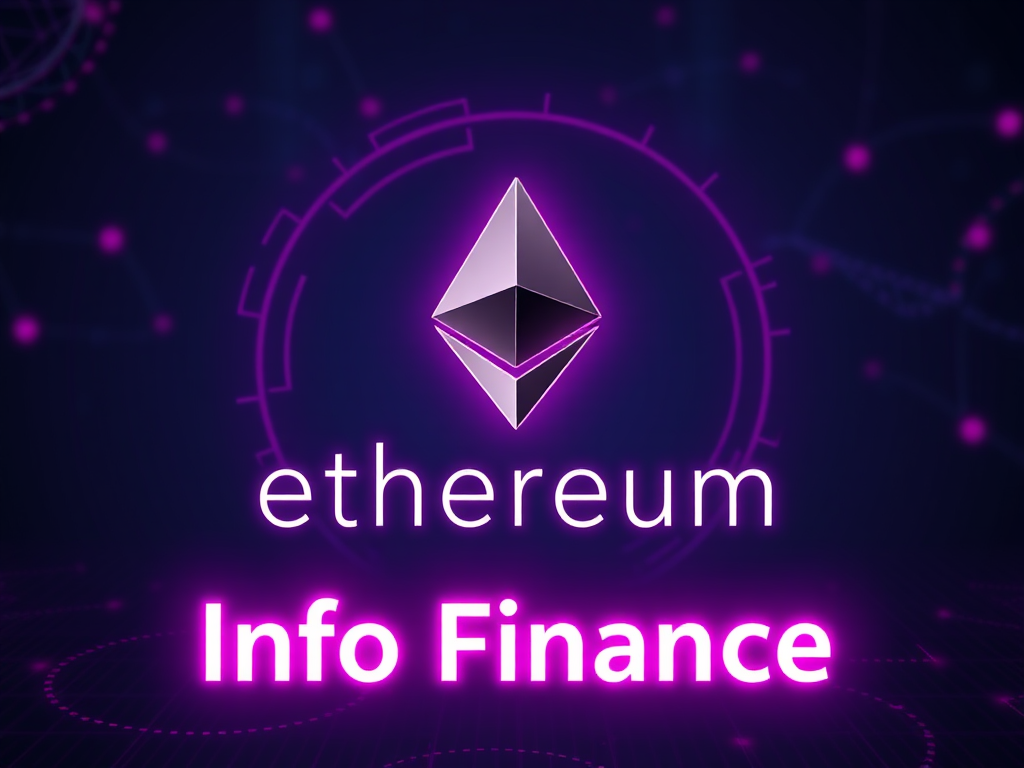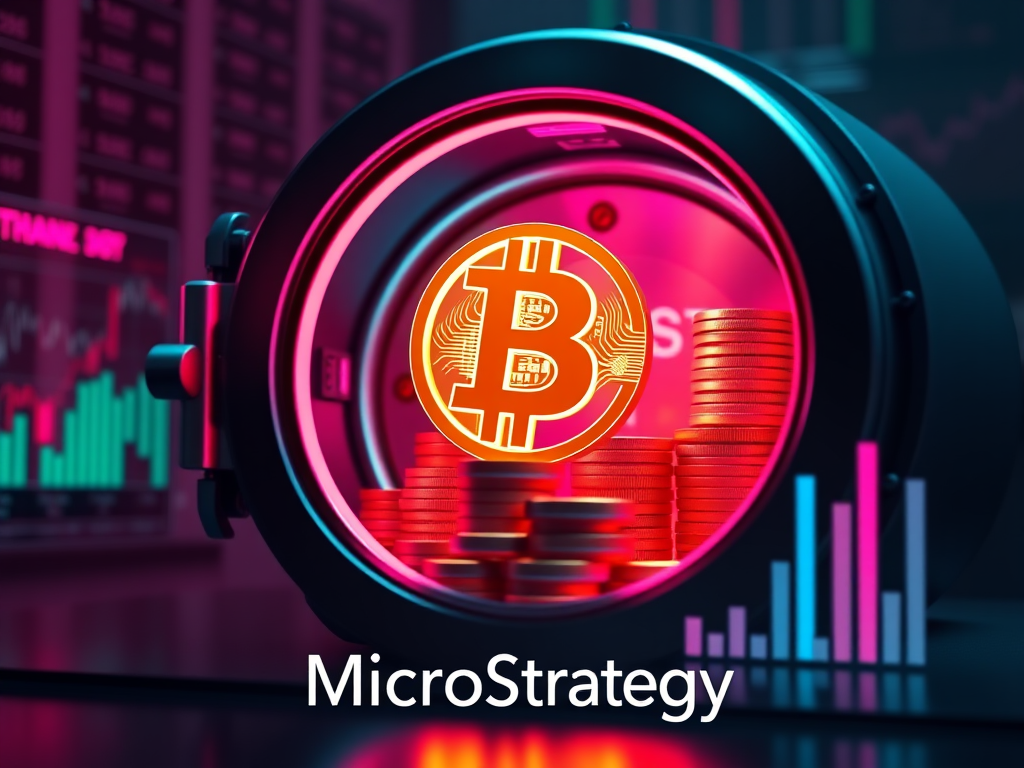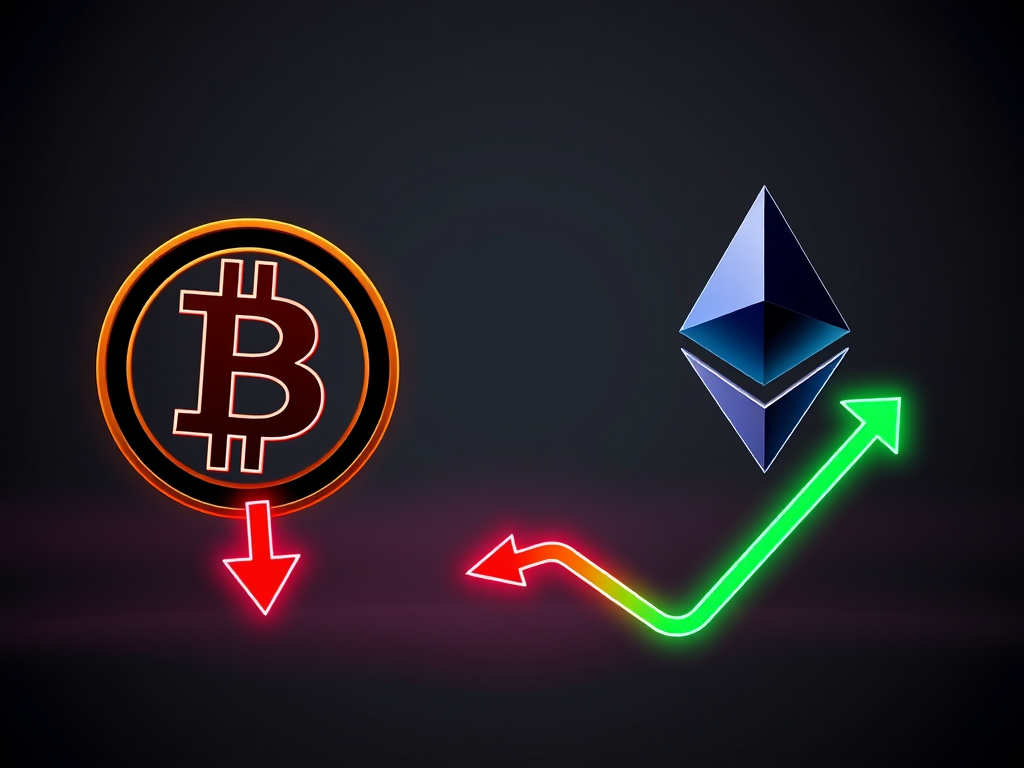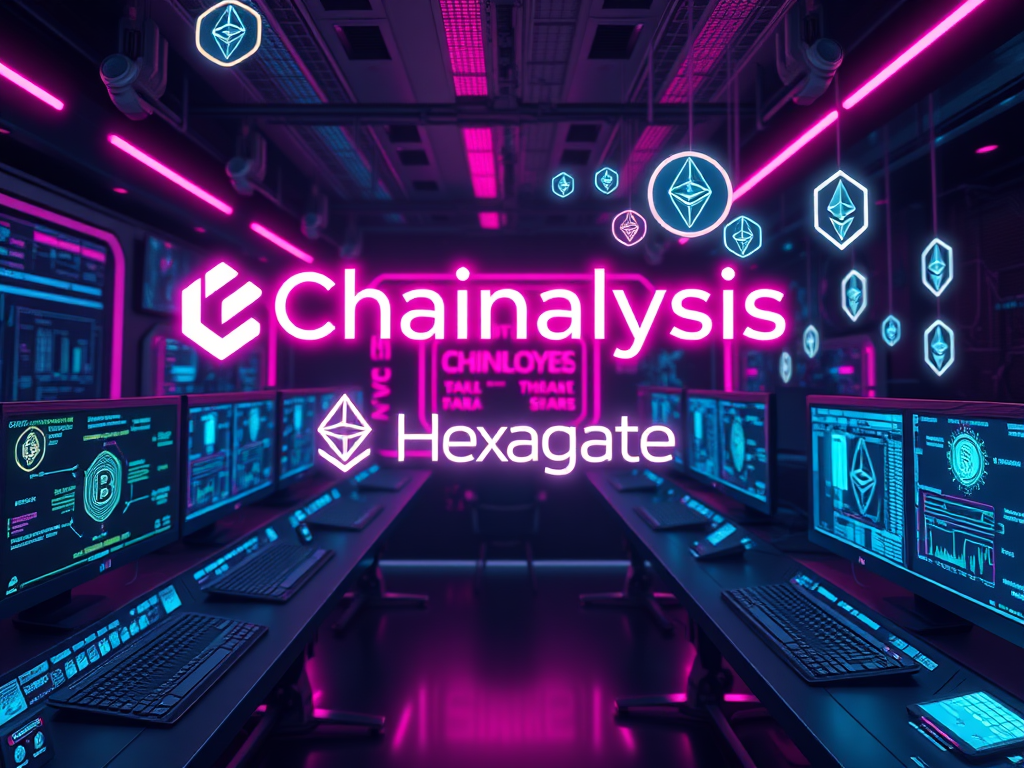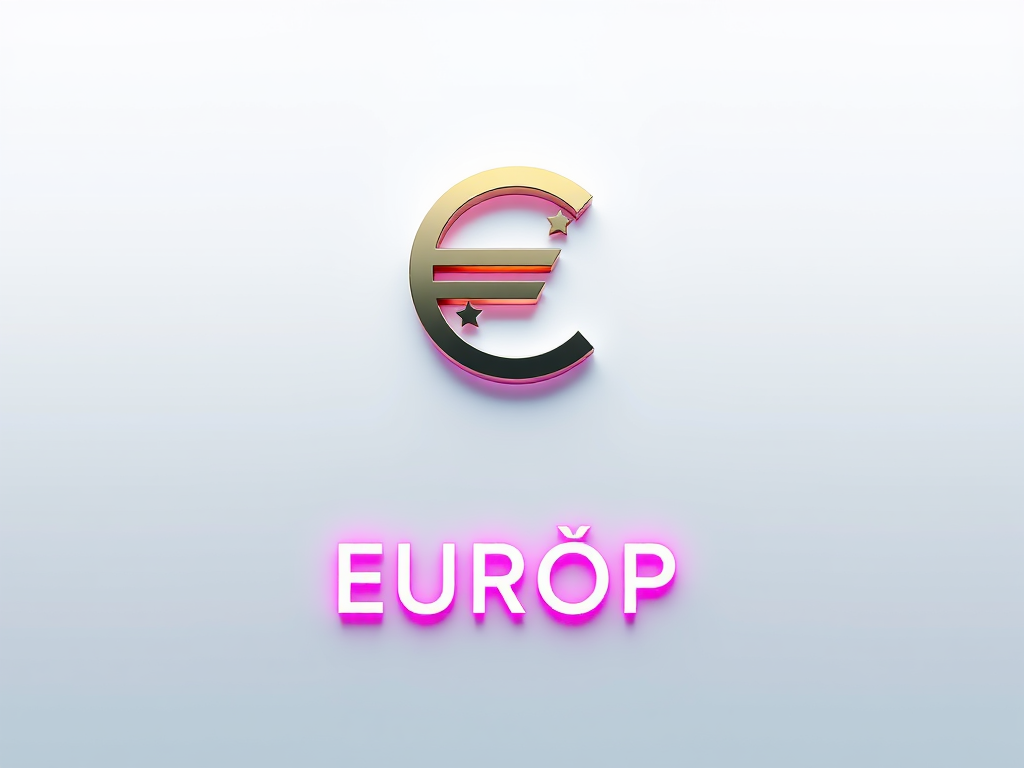Key Points
- Buterin introduces “info finance,” an innovative framework that leverages financial markets to gather and verify information, potentially transforming social media, governance, and scientific research by creating trustworthy information systems
- The convergence of scalable blockchain technology, AI capabilities, and widespread trust issues creates a unique opportunity for info finance implementation, with Buterin citing successful examples from Polymarket’s recent election coverage
Beyond Election Betting: The Evolution of Market-Based Information Systems
Ethereum co-founder Vitalik Buterin has published an extensive analysis that positions prediction markets as merely the first step in a broader revolutionary concept he calls “info finance.” In his November 9 blog post, Buterin draws from his decade-long experience with prediction markets, including his early support of Augur in 2015 and recent involvement with Polymarket, to outline a comprehensive vision for financial mechanisms that can reliably extract and verify information.
Using recent examples from Polymarket’s coverage of the US election and Venezuela’s political situation, Buterin demonstrates how prediction markets already serve a dual purpose: as betting platforms for participants and as news sources for observers. He particularly highlights how Polymarket provided more decisive and accurate information about election outcomes compared to traditional media sources, showing probabilities above 95% for Trump’s victory while mainstream outlets remained ambiguous.
The AI Revolution in Market Efficiency
Buterin’s vision for info finance is particularly compelling in its integration with artificial intelligence. He argues that AI could fundamentally transform the economics of prediction markets by solving one of their most persistent challenges: the viability of low-volume markets. Traditional prediction markets often struggle with smaller-scale questions because sophisticated traders lack incentive to participate when potential profits are minimal.
According to Buterin, AI participants could dramatically change this dynamic by enabling meaningful price discovery even in markets with as little as $10 in trading volume. This democratization of market-based information gathering could lead to the creation of “millions of mini-markets” for decisions that individually have relatively low consequence but collectively form a robust information ecosystem.
Transformative Applications Across Multiple Sectors
The potential applications of info finance extend far beyond traditional betting markets, with Buterin outlining several groundbreaking use cases:
Scientific Peer Review
Buterin proposes using info finance to address the scientific community’s ongoing replication crisis. Prediction markets could help identify which studies need re-checking while providing readers with real-time estimates of result reliability. Early experiments in this direction have shown promising results, suggesting a potential revolution in how scientific consensus is established and verified.
DAO Governance
To address the chronic problem of low participation in DAO decision-making, Buterin suggests a hybrid system where most decisions are made through prediction markets forecasting what the full DAO membership would vote. This approach could maintain decentralization while dramatically improving efficiency and participation rates.
Public Goods Funding
The proposal includes an innovative approach to public goods funding that would track contribution value through dependency graphs, using info finance mechanisms to determine the relative importance of different contributions. This could solve the “popularity contest” problem that plagues current funding mechanisms in the Ethereum ecosystem.
Social Media and Content Verification
Buterin introduces the concept of “distilled human judgment,” where prediction markets can quickly approximate more costly and time-consuming evaluation processes. This could revolutionize content moderation and verification on social media platforms, creating more efficient and trustworthy information ecosystems.
The Perfect Storm for Implementation
Buterin argues that three key factors make the current decade uniquely suitable for info finance implementation:
- Trust Crisis: The widespread lack of consensus about whom to trust in political, scientific, and commercial contexts creates a pressing need for new verification mechanisms.
- Scalable Infrastructure: Recent advances in blockchain technology have finally made it economically viable to implement complex market systems at scale, overcoming previous limitations of high transaction fees.
- AI Integration: The emergence of sophisticated AI systems capable of participating in markets enables effective price discovery even for small-scale questions, making micro-markets viable for the first time.
Industry Implications and Future Outlook
The implications of Buterin’s proposal extend beyond cryptocurrency markets. Traditional financial institutions, social media platforms, and governance systems might need to adapt to incorporate these new information-gathering mechanisms. Projects like Polymarket have already demonstrated the potential of these systems, but Buterin’s vision suggests a much broader transformation of how society processes and verifies information.
As blockchain technology continues to mature and AI capabilities expand, the infrastructure for implementing info finance systems becomes increasingly robust. However, regulatory challenges and questions about market manipulation remain important considerations for the future development of these systems.
Buterin’s analysis suggests that the crypto industry might be moving beyond simple speculation and DeFi applications toward more sophisticated systems that can solve fundamental problems in information verification and social coordination. This evolution could represent a significant step toward blockchain technology’s broader adoption in solving real-world problems beyond financial transactions.
